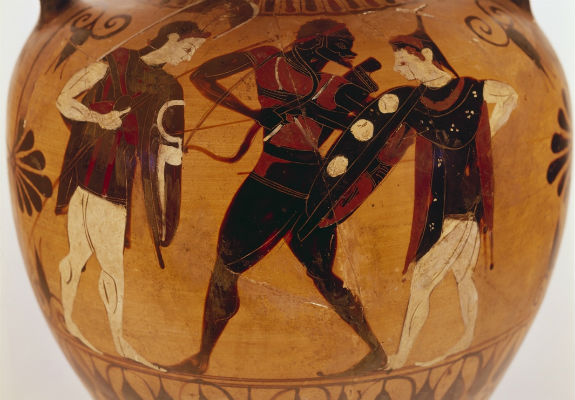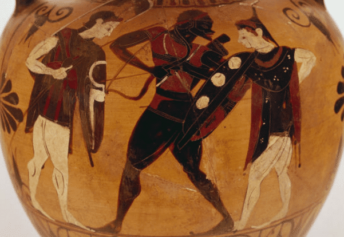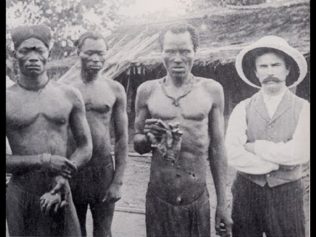Recent genetic and anthropological studies have concluded that the people known as white Europeans today are not the original inhabitants of Europe. However, this has been documented historically at least since the 19th century.
A common assumption is that ancient Greeks were an ethnically homogeneous population. Black Athena author Martin Bernal challenged this view in his three-volume work arguing the tidal wave of racist ideology that swept over northern Europe at the end of the 18th century and onward, led to to a denial of the strong African and Semetic influence on Greek civilization.
Bernal rejected what he called the “Aryan model,” the idea that Greek civilization was founded by Indo-European settlers from Central Europe. The theory, argued Bernal, became generally accepted during the 19th century. He instead agreed with what he called the “Ancient model;” referring to the fact that both Egyptian and Phoenician influences on the Greek world were widely accepted in Antiquity.
Historian Clyde Winters argues that Blacks in ancient Greece were not just slaves, but rather the true founders of Grecian civilization. He concluded there is no way it can be proven that Indo-European Greeks have always been in Greece and numerous archaeologist have found abundant evidence of Egyptians settled in Greece long before the coming of the Indo-European-Aryans to Anatolia.
A 2001 genetic study out of the Universidad Complutense in Madrid also concluded that modern Greeks had African origins and were genetically closer to Ethiopian/sub-Saharan groups than to any other Mediterranean groups such as Macedonians, Iberians (including Basques), North Africans, Italians, French, Cretans, Jews, Lebanese, Turks (Anatolians), Armenians and Iranians.



